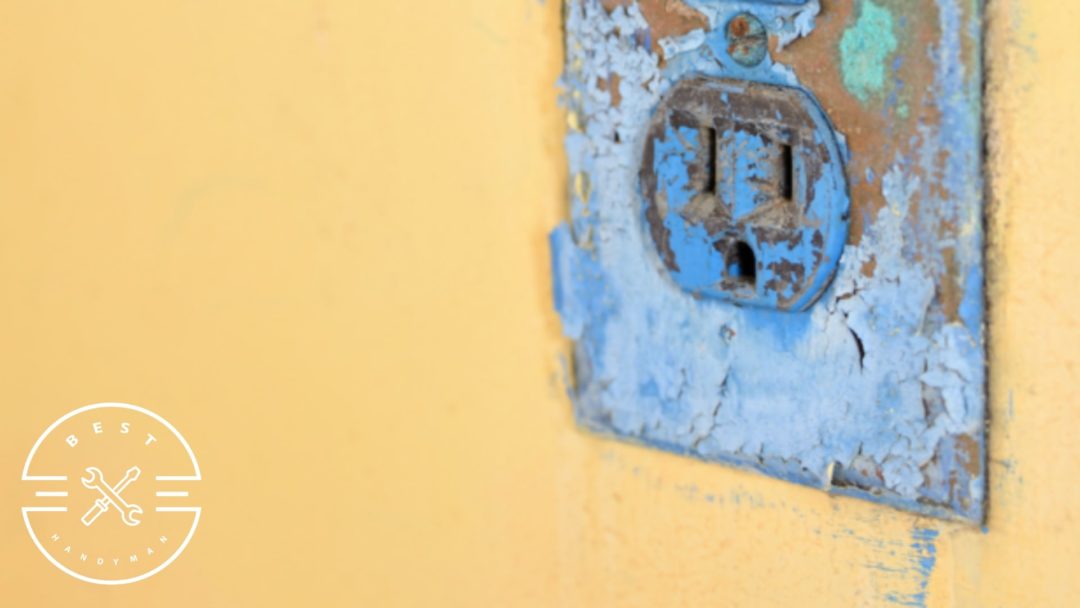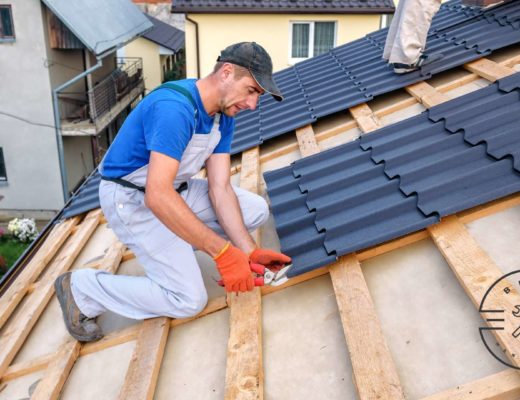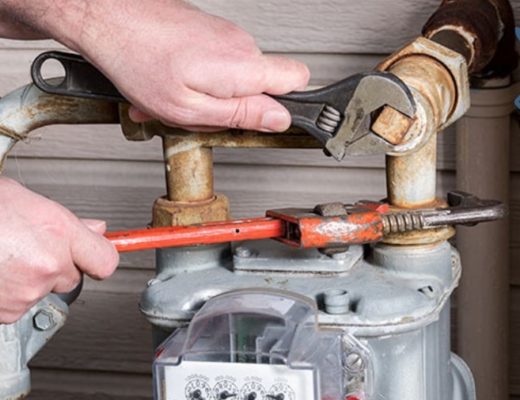Have you ever tried plugging in your kettle to make a warm cup of coffee only to be greeted by a burst of sparks and an unexpected crackling sound from your outlet? It’s not exactly the kind of warmth we want, no?
Those harmless-looking outlets can sometimes pull a shocking stunt, leaving us wondering what could possibly be the problem. Should we be worried about those sparks, or are they normal occurrences when dealing with electricity?
In this guide, we’ll explain when these small sparks are considered dangerous. We’ll also give a detailed explanation of the possible causes and the solutions you can do to prevent more electrical problems from occurring.
Is it normal for outlets to spark?
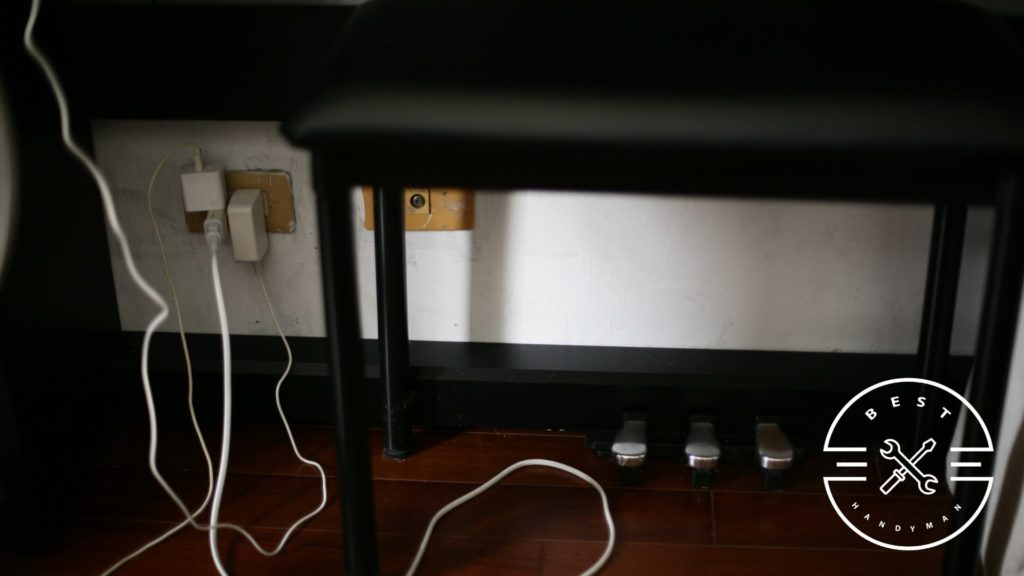
Outlet sparking is generally not considered normal, as it’s usually caused by an electrical issue. However, there are some situations where minor sparking might occur and don’t necessarily indicate a serious problem.
When you first plug in an appliance, it can cause a small and brief spark. This is because of a brief surge of higher-than-normal current that happens when an appliance is first plugged in.
Sparks can also be caused by the electricity trying to bridge the gap between the outlet and the appliance’s plug.
As long as it doesn’t always happen, a brief, blue spark is usually not a huge problem, and you probably don’t need to worry too much about it.
When is sparking in the outlet considered dangerous?

Sparking can be an indication of an electrical problem in the outlet that may lead to a much bigger issue if not addressed.
The following are signs that the sparks are not normal and can pose a safety hazard to you and your family:
Bright Sparks That Aren’t Blue
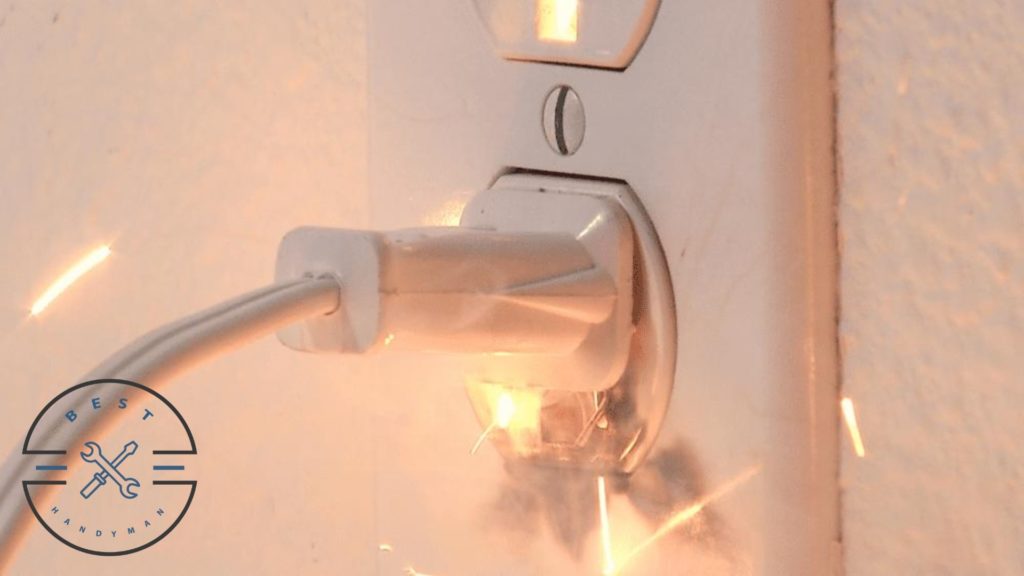
Blue sparks are typically not a huge problem for electric outlets. Typically, it’s the yellow, orange, and white sparks that you should be concerned about.
These types of sparks generally indicate that there’s a presence of high electrical discharge in the outlet. They may also be a sign that the outlet and its wires are overheating.
Consistent Sparking Every Time You Plug or Unplug
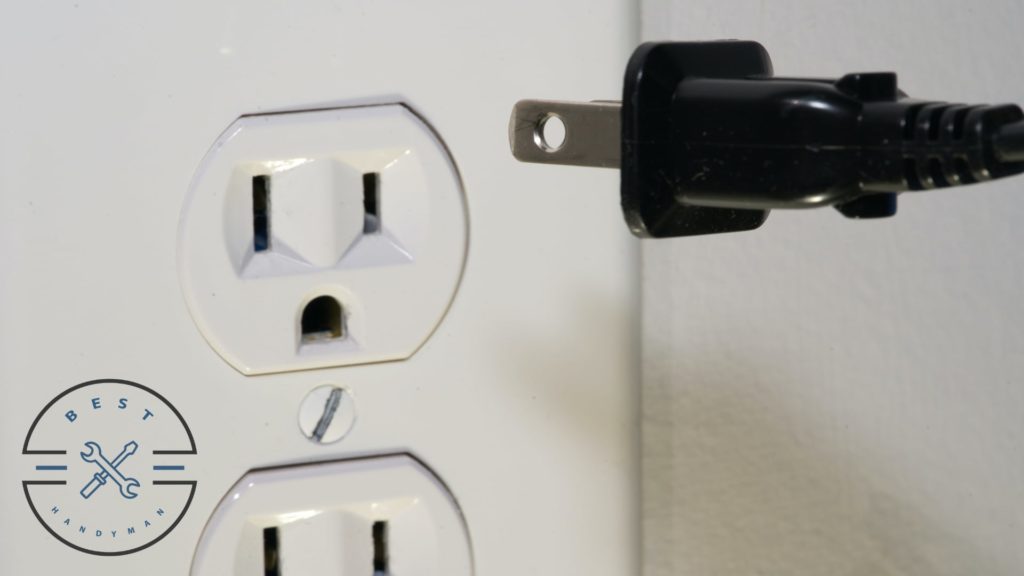
If the outlet sparks each time you plug or unplug an appliance, there might be an electrical issue that needs immediate attention.
Although an outlet may spark when devices are first plugged in, it shouldn’t happen all the time. This can indicate that the wires are damaged, the appliance isn’t suitable for the outlet, or a short circuit is happening.
Large and Long Sparks
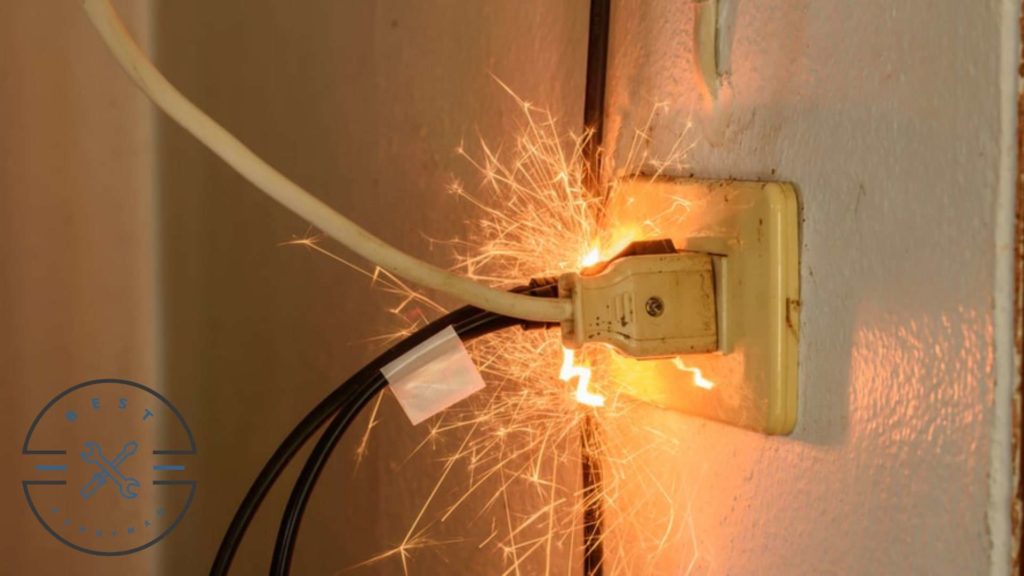
Sparks shouldn’t last for more than a second and shouldn’t be too big. When the spark gets too big and happens for a long time, it’s time to call your local electrician to prevent further damage.
Large and lengthy sparks tend to discharge more energy in less time. This power has the potential to produce high temperatures that could lead to overheating, melting, or even ignition.
Even if the sparks are blue, they are still considered dangerous if they’re big and lengthy.
Sparks with Burning Odor
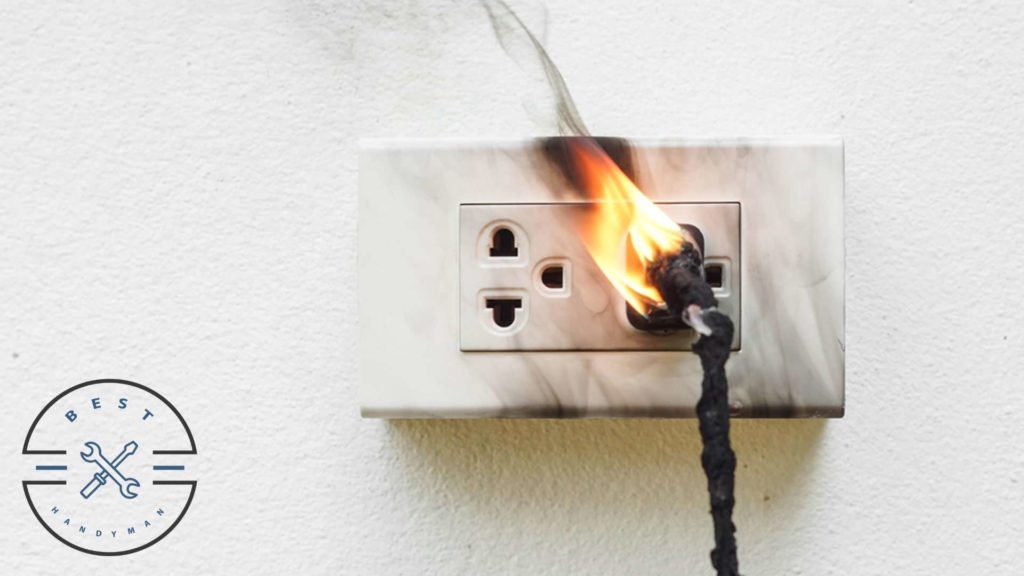
If a burning odor accompanies the sparks, there’s a high chance that some outlet components are overheating or catching fire.
This is often a sign that the problem is more than just a simple electrical malfunction. The wires and components of the outlet are probably already damaged and need replacing.
Sparks with a burning odor can lead to an electrical fire that can quickly spread and damage your property, so you should immediately hire a professional to address it.
Loud Cracking or Popping Sound
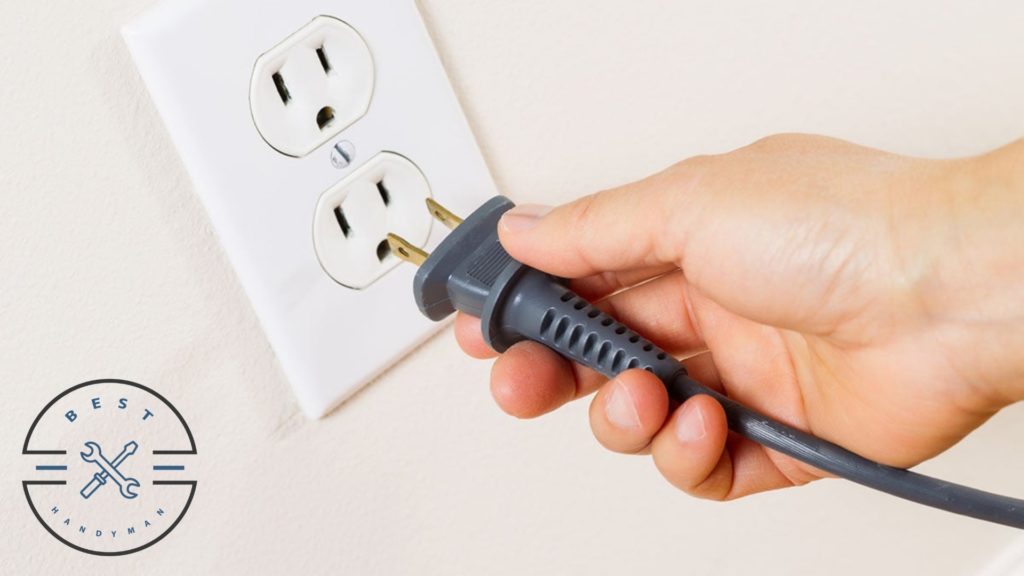
If you see a spark and hear a loud cracking sound from the outlet whenever you plug an appliance, there’s a huge probability that there’s a significant issue in your electrical system.
This can be a sign that the outlet is short-circuiting, which can lead to overheating, arcing, and even fire. It can also indicate that the outlet has some faulty components that need replacing.
8 Reasons For Dangerous Outlet Sparking
Overloaded Outlet
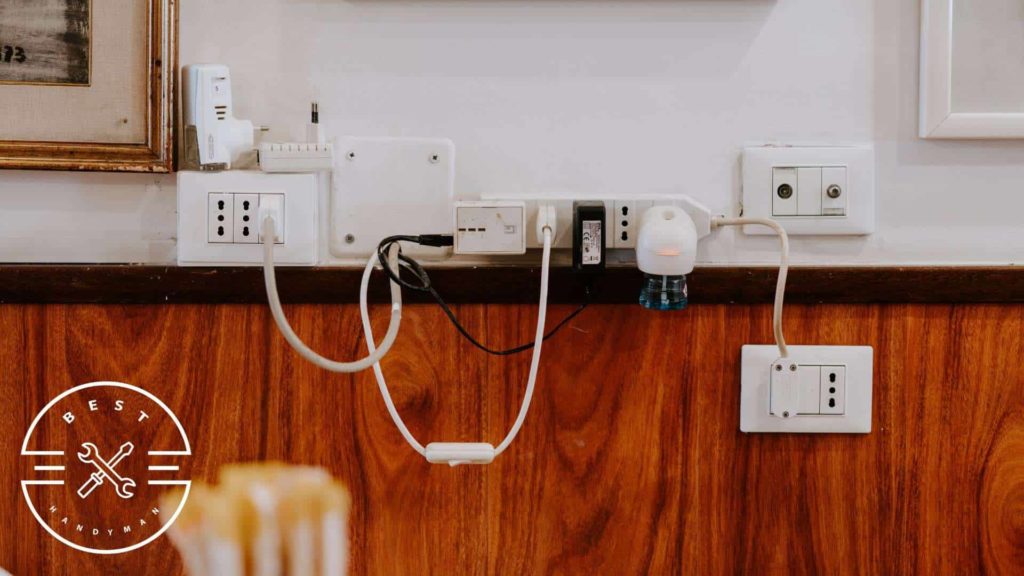
Once you notice sparking in the outlet, it can mean that too many appliances or devices are drawing power from that outlet and its circuit.
When too many devices are connected to a single outlet, the total current drawn can exceed the circuit’s capacity. This can lead to excessive heating and increased resistance within the electrical components, causing sparks to occur.
The heat from the increased current may also melt the wires, leading to arcing and sparking.
Solution: Plug your appliances and devices into different outlets and circuits in your home. If some gadgets need a lot of power, consider plugging them into separate circuits.
Old Outlet

Outlets will naturally experience wear and tear as time passes. Some of its components will degrade, and some wirings will deteriorate, increasing the risk of sparking.
Repeated plugging in and unplugging might eventually wear down the internal metal contacts of an outlet. Contacts that have worn over time can cause connection disruptions, higher resistance, and even arcing.
Old outlets might also not be designed to handle the power demands of modern electronic devices, leading to overheating and sparking.
Solution: Consider upgrading old outlets to modern ones. Choosing those with improved safety features, such as ground fault circuit interrupter (GFCI) and arc-fault circuit interrupter (AFCI) protection, is also better.
Before upgrading the outlets, inspect the wirings to ensure they’re not damaged.
Damaged Wires

When the insulation around the wire starts degrading, the wires are likely to overheat and become exposed. When exposed wires come into contact with each other, it creates a path for electricity to jump across, leading to sparking.
Outlet wires can also become damaged by rodents and pets. This will likely expose the conductors and lead to potential sparking.
Solution: If you notice that the wires are frayed or damaged, hire an electrician to replace them. Trying to change the wires on your own may just pose more damage.
Poor Installation and Repair

Poor installation and repair of outlets can lead to sparking for various reasons, including improper connections, mismatched parts, and lack of grounding.
If the person who installed or repaired the outlets fails to properly secure and connect the outlet to the wires and electrical box, electricity will likely jump across the gaps, leading to sparks.
Additionally, if the person is not a licensed electrician, there’s a probability that they’ll use parts and components that are not meant to be used together. The outlet will naturally malfunction, and sparks are likely to occur.
Solution: Call a professional electrician to have them check the outlet and fix the problem. Avoid trying to install and repair outlets if you don’t have the experience, as this can lead to a lot of safety hazards.
Moisture

If there’s one thing we’re all aware of about electricity, it’s the fact that water should be nowhere near it. Water is a good conductor of electricity, so if it comes in contact with an outlet, electricity will jump into the water and cause sparking.
Moisture can also cause the metal parts of the ports to rust and oxidize, breaking electric connections and increasing resistance. Increased resistance is often the primary reason behind arcing and sparking.
Not only can water cause sparking, it can also lead to a much bigger fire.
Solution: Turn off the power supply in the outlet and immediately call professionals if the sparking is caused by moisture.
It’s advised to use outlets with a GFCI feature to prevent this from happening again. GFCI will break off the electric supply into the outlet when it senses moisture, preventing possible sparking and fire.
Short-Circuiting
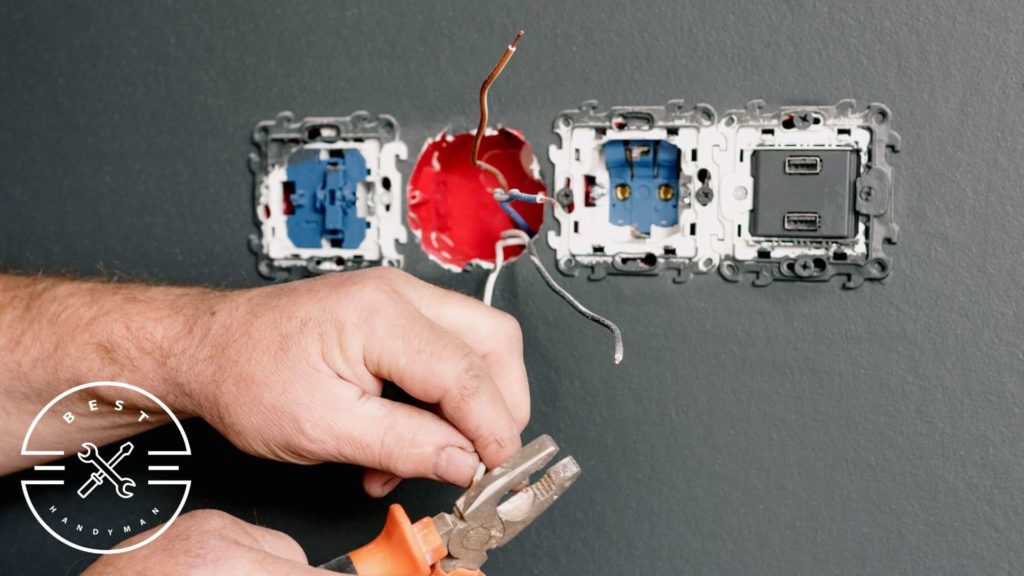
When a short circuit happens, the electricity travels on the path it’s not supposed to. It’s like the current is taking a shortcut.
It happens when two lines that shouldn’t be touching accidentally do so, causing the electricity to jump to the other wire.
Sparks and arcing often happen when electricity jumps across the space between the wires. Sparks like these can be seen and often make a buzzing or popping sound.
Short circuits can also cause damage to the wiring, outlets, switches, and gadgets plugged in. The high current going through the circuit can cause parts to get too hot and possibly break for good.
Solution: Turn off the power to the house or the short-circuiting outlet. This will stop the further current flow and prevent bigger problems from happening. Consult an electrician on how to address the problem, as there could be more issues with the outlet.
Faulty Appliances

In rare instances, the outlet may spark due to faulty appliances.
If the internal wiring of an appliance is damaged or worn, it can create a situation where live wires come into contact with other parts of the appliance or its casing. This can lead to short circuits and sparks.
A faulty or damaged plug on the appliance’s cord can also result in poor electrical contact when plugged into an outlet, leading to arcing and sparks.
Some appliances are designed for specific voltage; if the outlet has a different voltage, there’s a high possibility that the outlet will spark each time the appliance is plugged in.
Solution: Always inspect your appliances to make sure they are in optimal condition. Once you notice some problems, stop using the appliance until a professional repairs it.

